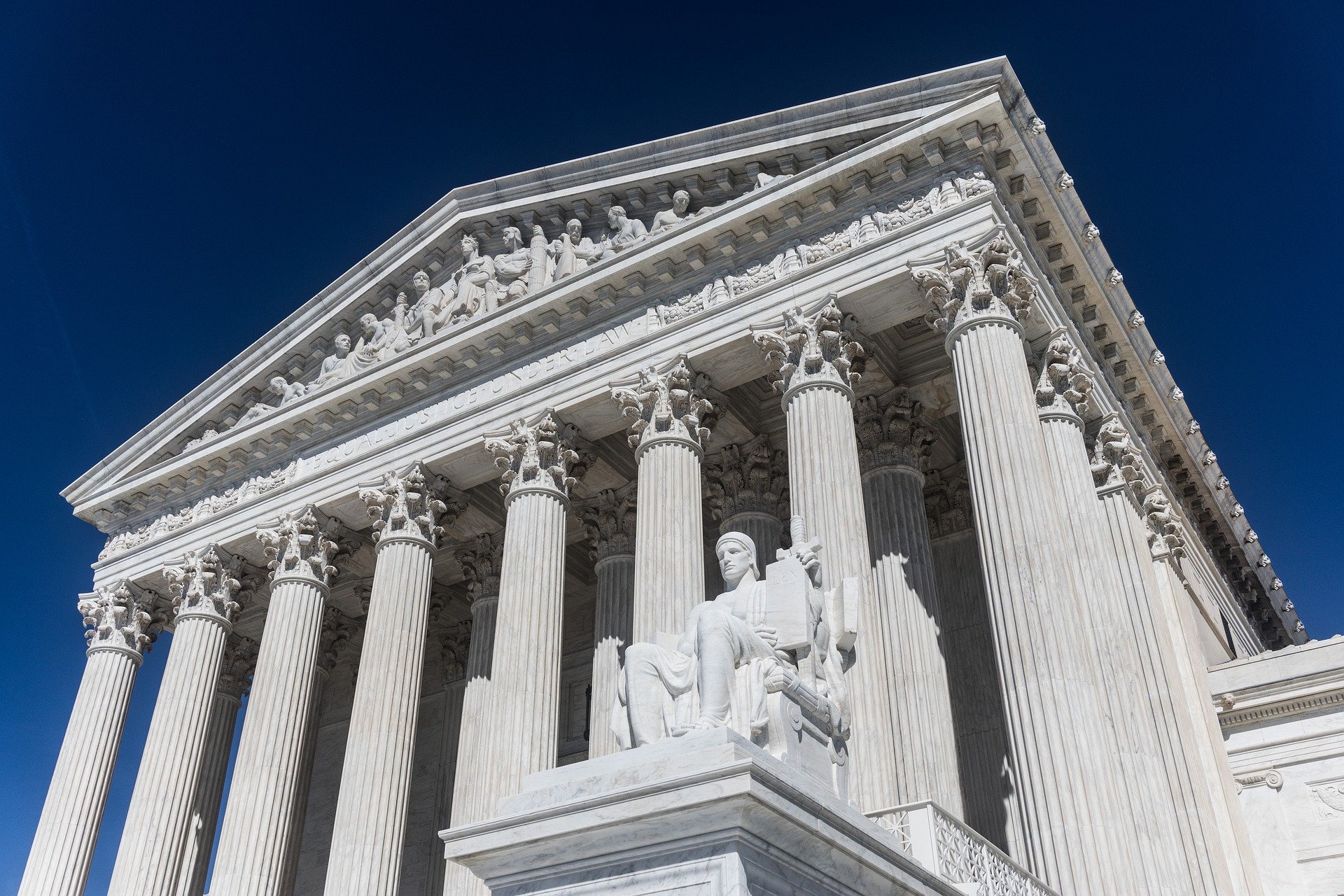On January 13, the Supreme Court ruled on the vaccine mandate (“vax-or-test” mandate) issued by the Occupational Safety and Health Administration (OSHA). The mandate was challenged by multiple businesses and business groups and several states contending that OSHA did not have the authority to enact such a mandate. The Court sided with the challengers and against OSHA. The Court issued a stay preventing the mandate from taking effect and returned the case to the lower courts for a further ruling.
The ruling turned on the extent of OSHA’s power granted to it by Congress. Challengers contended that the mandate would cost employers billions of dollars to comply and would likely result in hundreds of thousands of potential job vacancies. OSHA argued that the mandate would save over 6,500 lives and prevent hundreds of thousands of hospitalizations. The Court did not decide the matter on these grounds, stating that it was not the Court’s role to weigh these kinds of tradeoffs.
Rather, it was the Court’s role to rule on the power granted to OSHA by Congress. The Court found that OSHA likely did not have the authority to issue the mandate under its governing statutes. Stating, “this is no everyday exercise of federal power,” the Court noted that federal law only authorized OSHA to issue safety or health standards relating to the workplace, not such “broad public health measures.” The Court further stated that “requiring the vaccination of 84 million Americans, selected simply because they work for employers with more than 100 employees,” is well outside the power Congress has given to OSHA.
Procedurally, the Court’s ruling does not end the case. However, it does send a message that the justices believe the mandate will ultimately be struck down.
As a closing note, it is still important that employers comply with their own state’s laws concerning vaccination or testing. Federal power is different from State power in this regard, and the arguments from the parties agreed that States have the power to enact their own mandates, even if OSHA does not.
Additionally, companies may implement their own in-house policies on vaccination requirements. A company may require its employees to be vaccinated as long as it makes reasonable accommodations for employees with disabilities and religious objections. Regardless of your policy on vaccination, it is important that you still take all other recommended precautions to prevent the transmission of COVID in your workplace.
The Supreme Court’s full opinion can be found here: https://www.supremecourt.gov/opinions/21pdf/21a244_hgci.pdf
Revolution Law Group is located in Greensboro, NC, and serves individuals and small businesses throughout the Triad and surrounding areas. To contact us please visit Revolution.law or call 336-333-7907.
The information included here is for informational purposes only, is not exhaustive of all considerations when creating documents, is not intended to be legal advice, and should not be relied upon for that purpose. We strongly recommend you consult with an attorney and do not attempt to create your own documents.

